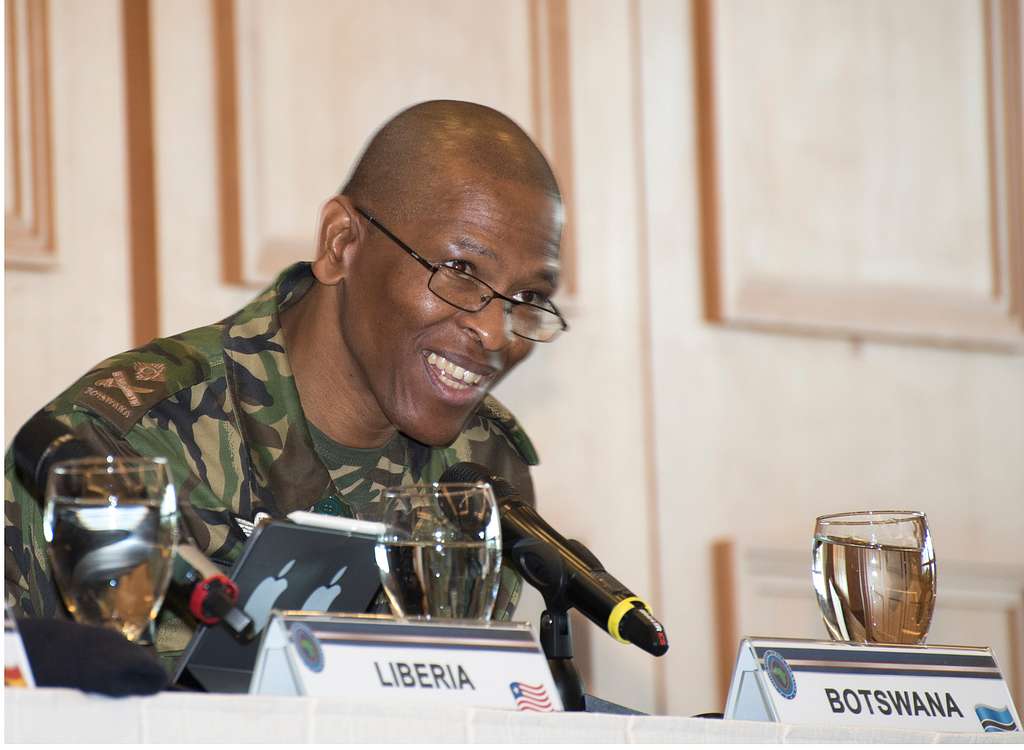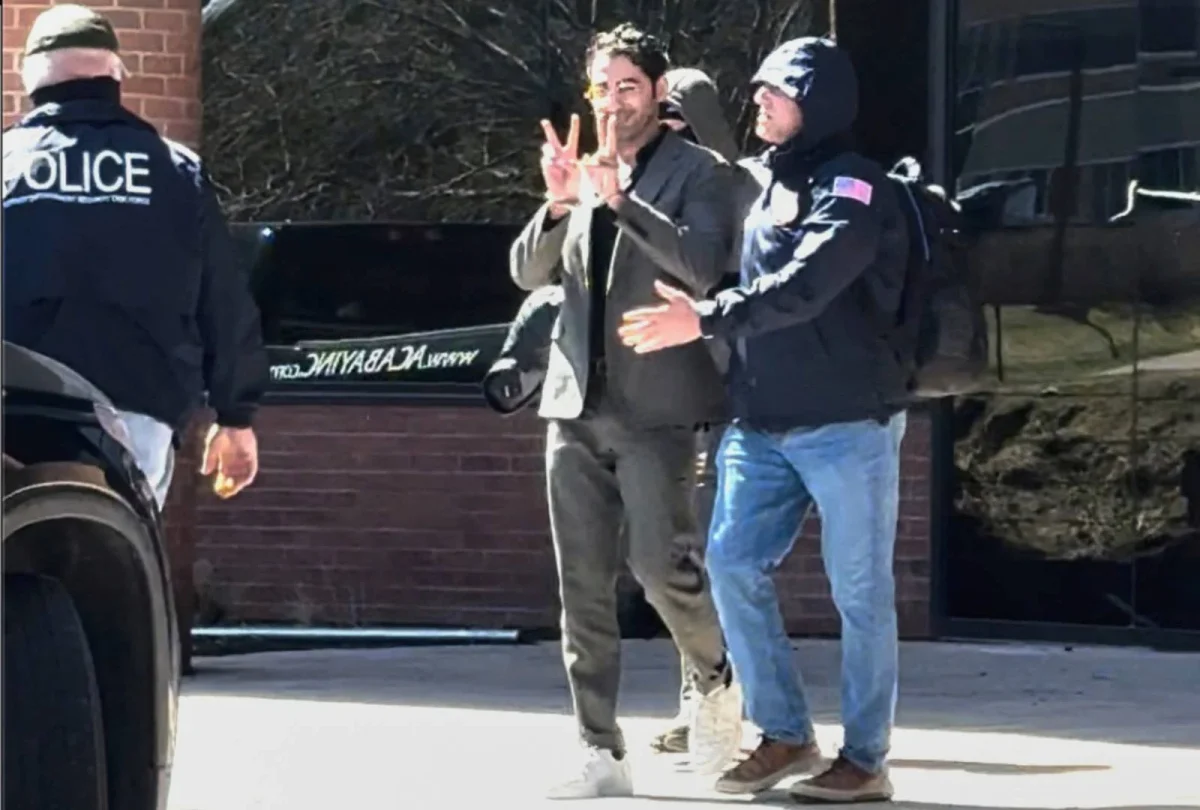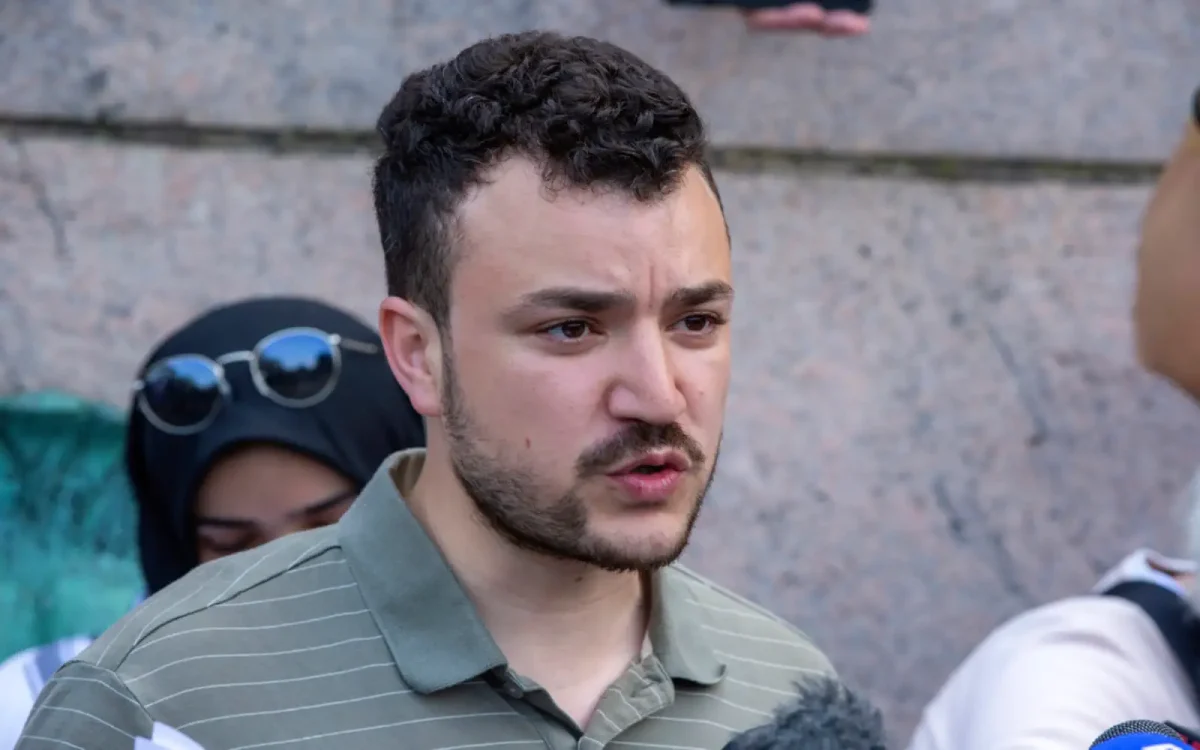Each year, the African American Cultural Center holds a special commemoration in honor of Dr. Martin Luther King, Jr. around his January 15 birthday. This year’s program took place last Wednesday at noon in Talley Student Center’s Stewart Theater with keynote speaker, lawyer and activist, Morris Dees. Founder of the Southern Poverty Law Center (SPLC), Dees defended many victims of hate groups, and worked endlessly to fight against hate groups and the crimes that they commit. Some of Dees’ most notable work has been attempting to disenfranchise the Ku Klux Klan, a domestic terrorist organization that has wreaked havoc across this nation.
After an introduction from Black Students Board President, Kornelius Bascombe, a sophomore in criminology, Provost Larry A. Nielsen gave a more detailed introduction, quoting Dr. King and referencing President Barack Obama’s inauguration, stating that this was a time to, “reflect on the meanings of truth and justice in this nation and the world.” The provost added that like Dr. King, he too believes that education is necessary in the ending of prejudice and hate.
The students of the Vital Link Academy ranging in age from three to nine years old, preformed the Black National Anthem, “Lift Every Voice and Sing,” by James Weldon Johnson. The students sang every verse and knew all the words despite their young ages, and afterwards received a standing ovation. Jose Picart, the vice provost for the Office for Diversity and Inclusion, introduced the guest of honor, Mr. Morris Dees. Picart enthusiastically stated “Dees uses the law like a sword in his battle against racism and hatred.”
Dees began his speech by reflecting on his childhood and how his teacher impressed on him the value of liberty and justice for all. He referenced Dr. King’s “I Have Been to the Mountaintop” speech. This speech refers to Biblical times when the Hebrews looked across the Jordan River at the Promised Land. Some said that they should turn back, so the Hebrews wandered in the wilderness for forty more years. Then, a new generation took over. Dees said that in 2009, “we are back now at the edges of that river.” mentioning that we have a front seat to history, with the inauguration of President Obama. However, the march for justice still continues. He added that even though Obama was elected to be president, it does not mean that America has solved its problems with inequality
Dees then said that the biggest divide in this country is between the haves and the have-nots. Class issues are the most prevalent in this country; regardless of race, there are millions without any health insurance, for example. Dees listed three great events that have drastically changed the social dynamics in America: the Civil War, the Civil Rights Movement, and the election of Barack Obama. He hopes that America would keep progressing forward.
Successively, Dees told a story of a Jewish family that lived in a rural area. Someone threw a brick through their window at their Menorah during Hanukkah. The town then came together to support the family by hanging paper menorahs in their windows. This was an example how people can build bridges between one another to increase love and understanding.
Dees closed by remarking on what Dr. King would say if he made his “I Have A Dream” speech today. He predicted that King might mention people in ghettos, people on reservations, immigrants, the homeless, and the powerless in his speech.
Dr. King had faith that people would someday achieve his dream. He addressed the current generation of college students, saying that he feels that when history unfolds, it will be America’s greatest. He said that like the profit Amos from the Bible, this generation is, “A generation that will not be satisfied until justice rolls down like water.”
Dees received a standing ovation. Dees was presented with the North Carolina State University Role Model Leader Award. After the program, John York, a junior in textile technology. said the program was, “Inspiring and empowering. Now I have more of a respect for [Dees]. It hit home.”
Afterwards, Dees commented on his current endeavors. He is now focusing on hate crimes against Latinos, particularly illegal immigrants. Dees is also continuing his tolerance education programs, instructing teachers how to teach minority students and deal with hateful students. As far as advice for students looking to follow in his footsteps, Dees said that the students don’t have to be lawyers, but can help out in their own way. He said that students should take it upon themselves to learn about other groups of people, and to focus on other people in need through community service. Morris Dees has great faith that the current college generation will change the world for the better.




